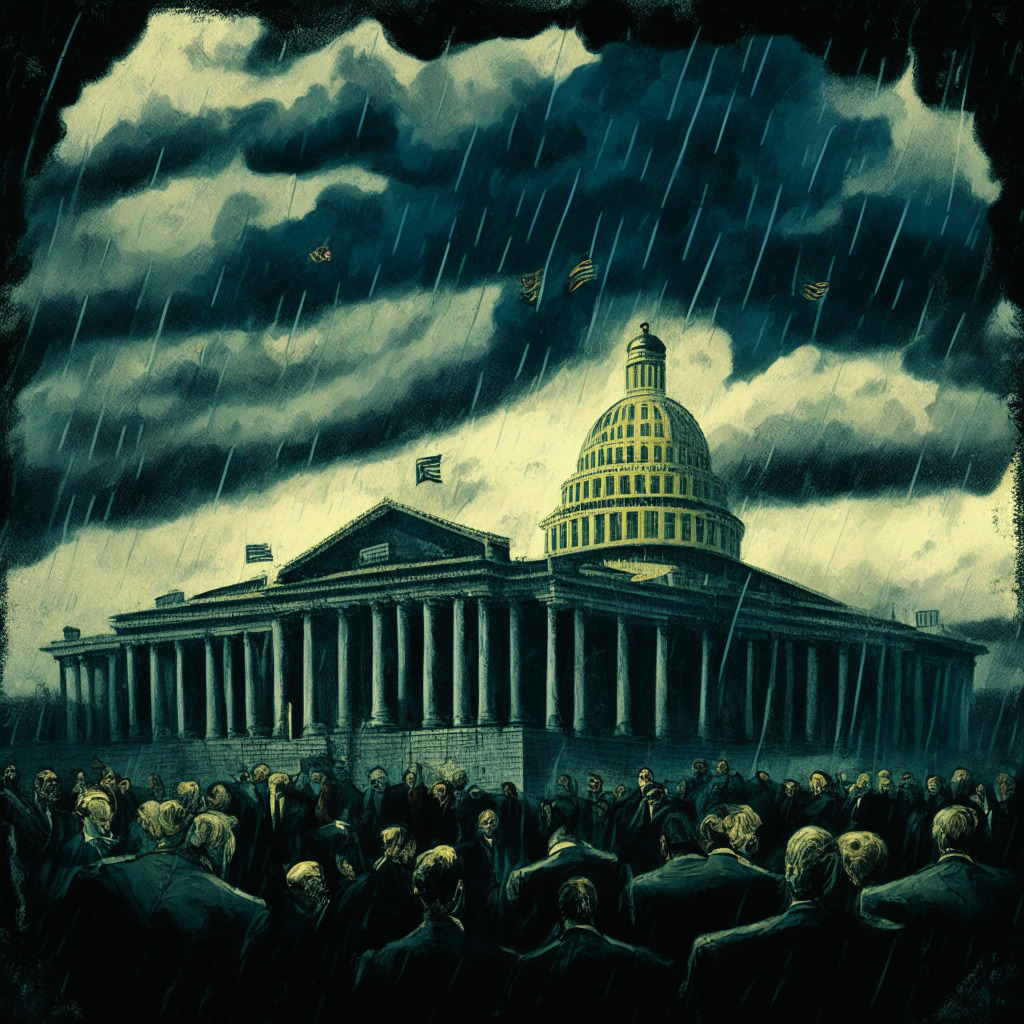The investors’ service of credit ratings agency Moody’s has reported that without support from United States lawmakers on both sides of the political aisle for legislation focused on digital assets, investors and companies could turn to other crypto-friendly jurisdictions. In a June 20 report, Moody’s pointed to key differences in the way Democrats and Republicans have handled crypto-focused legislation in the U.S., specifically competing language in a bill on stablecoins and a bill aimed at providing a comprehensive framework for digital assets. Many of the issues between lawmakers concern whether regulation of stablecoins should be overseen at the federal or state level and are about addressing consumer protection in the wake of many crypto firms going bankrupt in 2022.
“Despite agreement on the need for consumer protections and for a harmonized framework for digital assets, Democrats and Republicans hold different views on how to achieve these objectives,” said the report. “Failure to reach bipartisan agreement and to advance digital assets-specific legislation could make the United States […] comparatively less attractive for both firms and investors, particularly in a context where many other jurisdictions are moving forward with comprehensive rules.”
Moody’s pointed to the competing views on digital assets between Republicans, often represented by House Financial Services Committee Chair Patrick McHenry, and Democrats, often represented by ranking member Maxine Waters. Both spoke on their respective concerns at a June 13 hearing on the future of digital assets, though Moody’s said the gathering “revealed even stronger political disagreements” over developing a framework on crypto.
“Some Democrats expressed fears that the proposed bill may have adverse implications for consumer protections and fraud prevention. […] The path toward bipartisan agreement looks highly uncertain, and a lot more debate is to be expected in Congress.”
Many crypto firms have already lambasted U.S. lawmakers for a lack of regulatory clarity, suggesting a move outside of the country could be in their best interest. Executives at Coinbase, currently headquartered in the U.S. and facing a lawsuit from the Securities and Exchange Commission, traveled to the United Arab Emirates in May to explore using the region as a potential “strategic hub.”
The lack of clear regulations in the United States may end up pushing companies and investors towards more crypto-friendly countries. With both parties in Congress unable to find common ground, many experts fear that the country will become less attractive to both domestic and international companies. It remains to be seen whether or not the United States will be able to create comprehensive regulations to stay competitive in the fast-paced world of cryptocurrency.
Source: Cointelegraph




